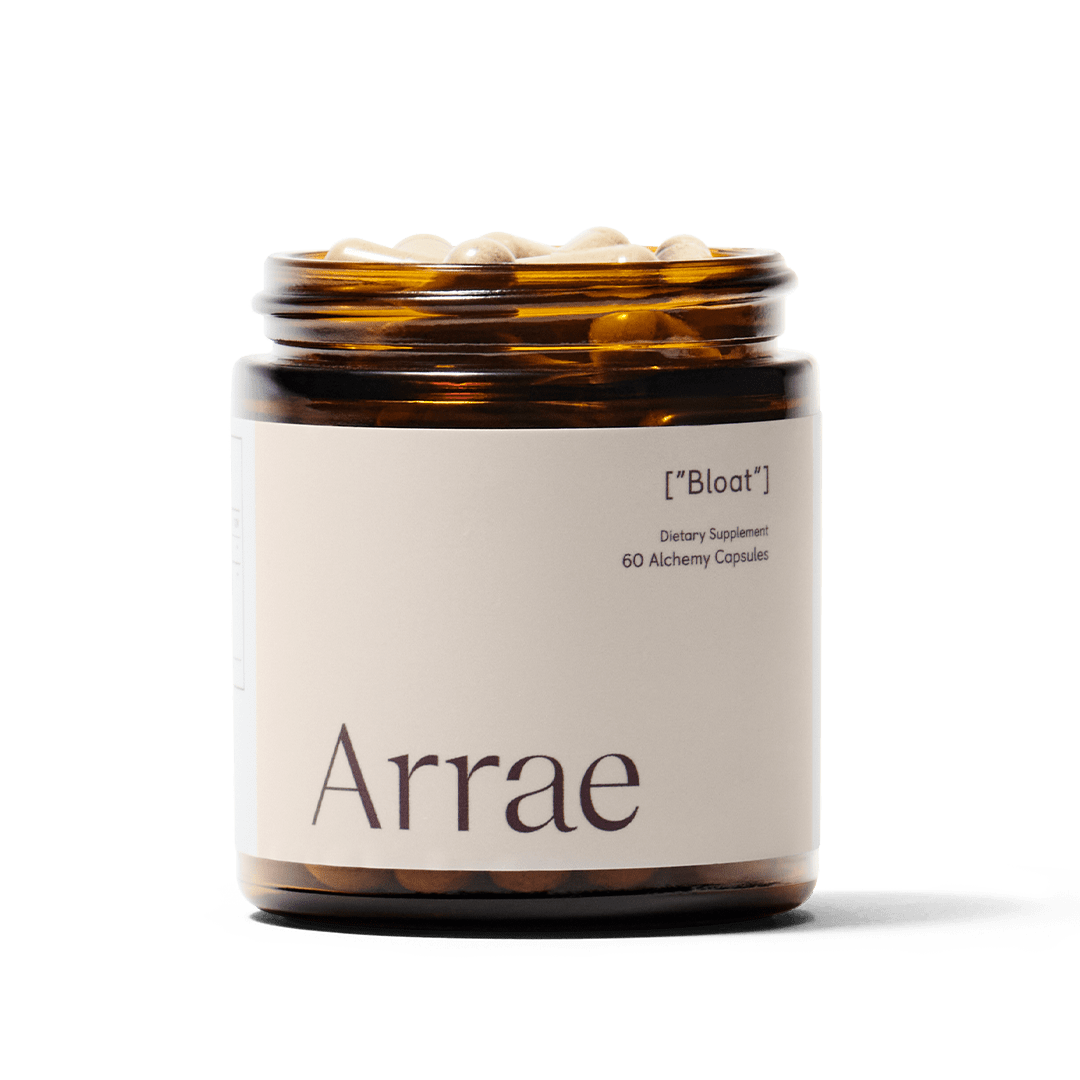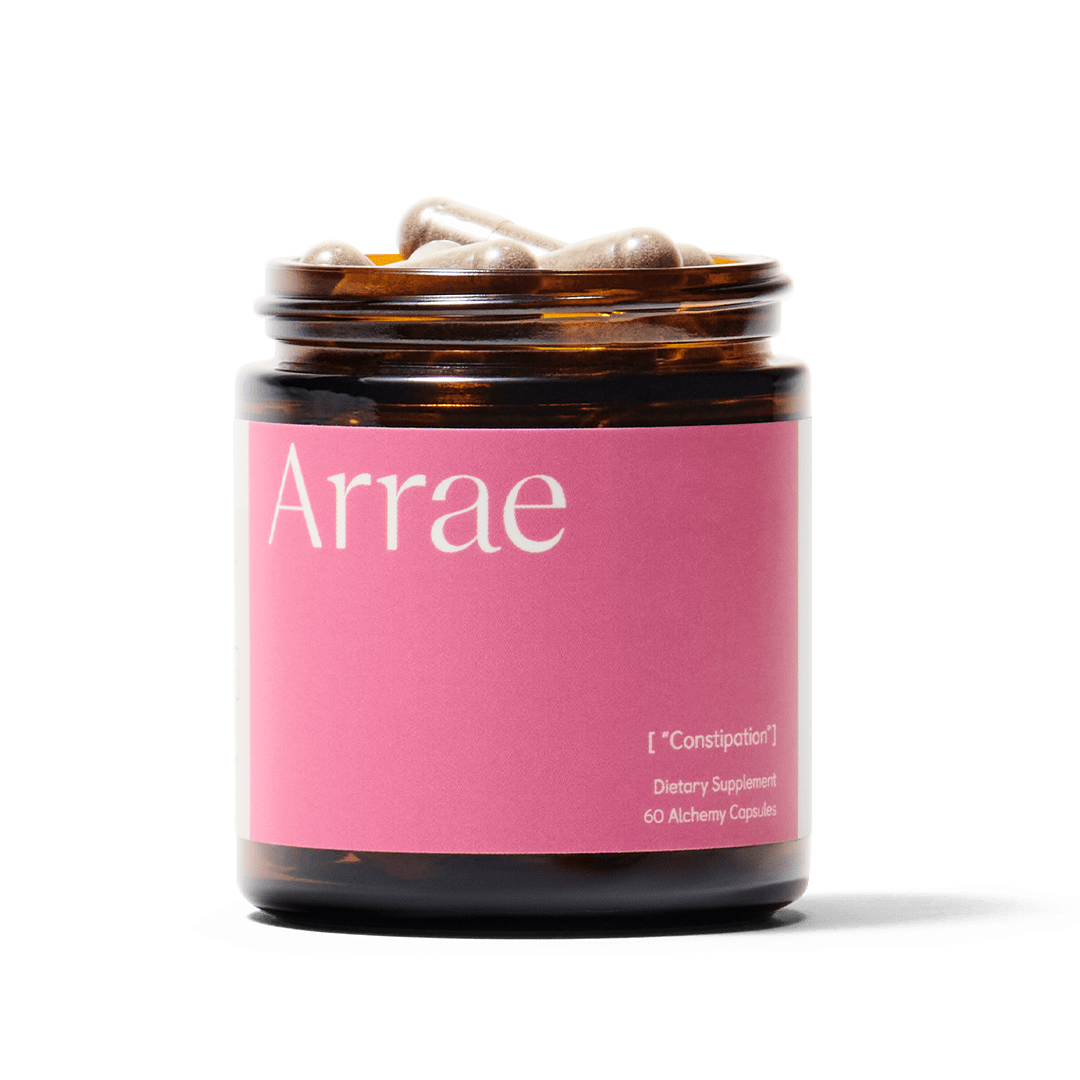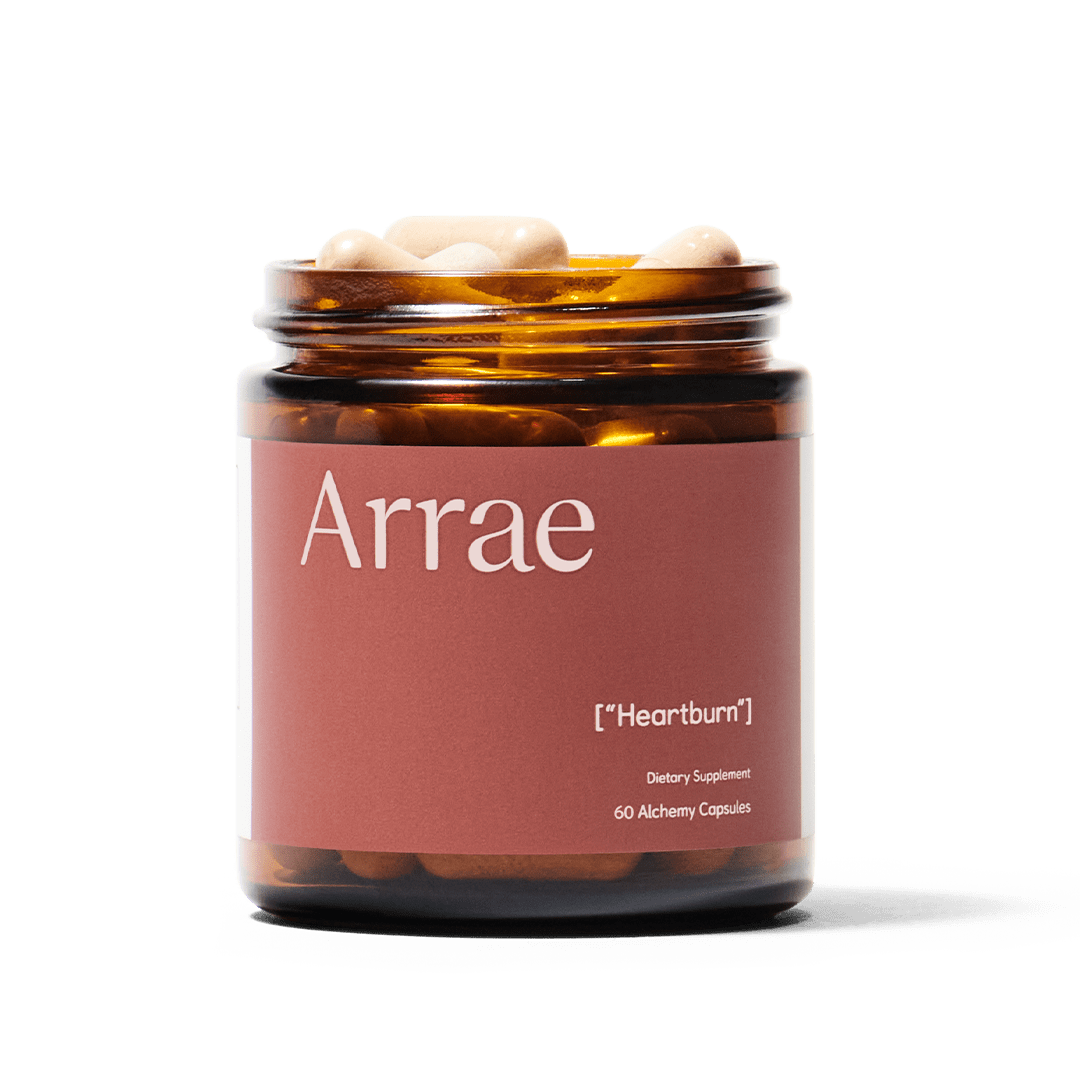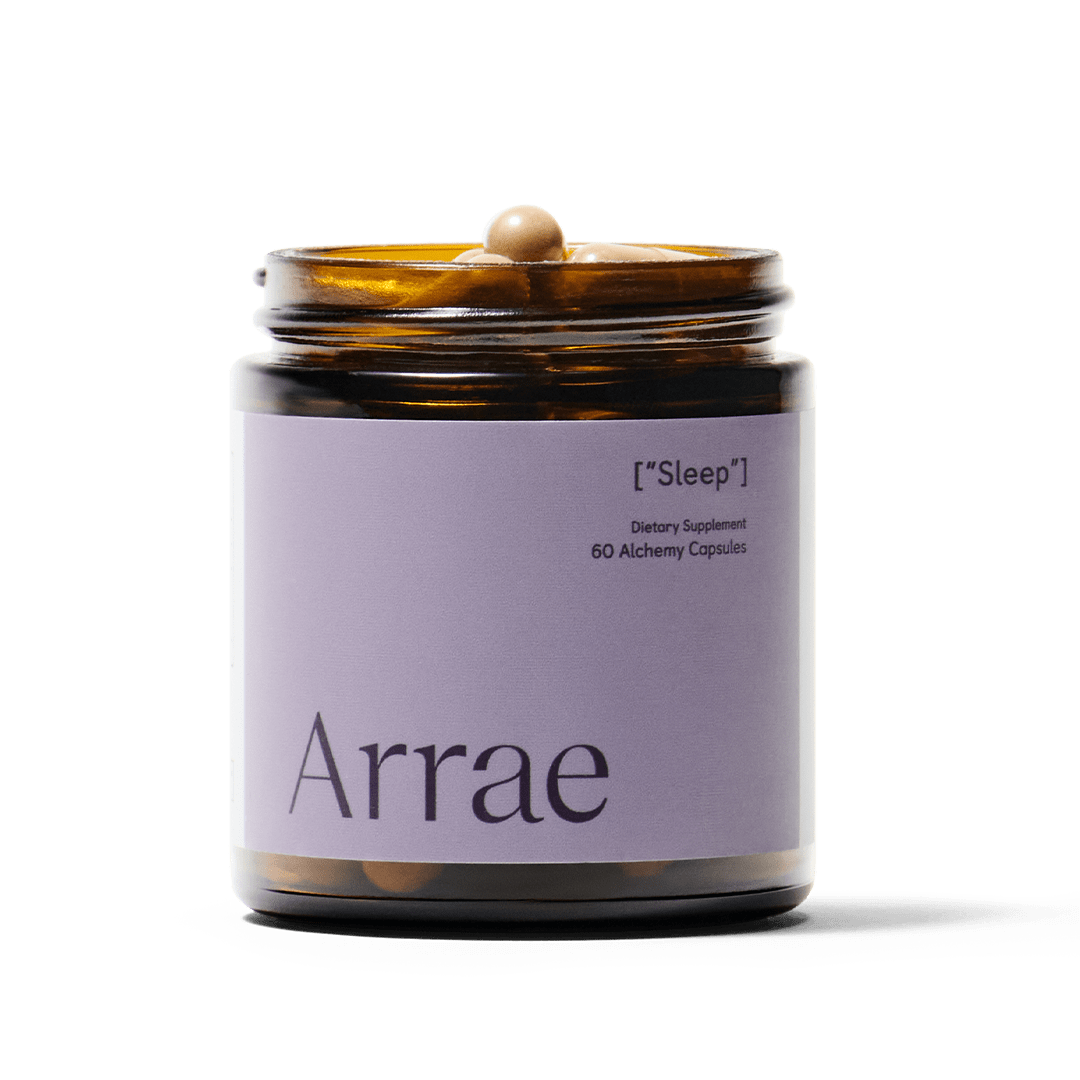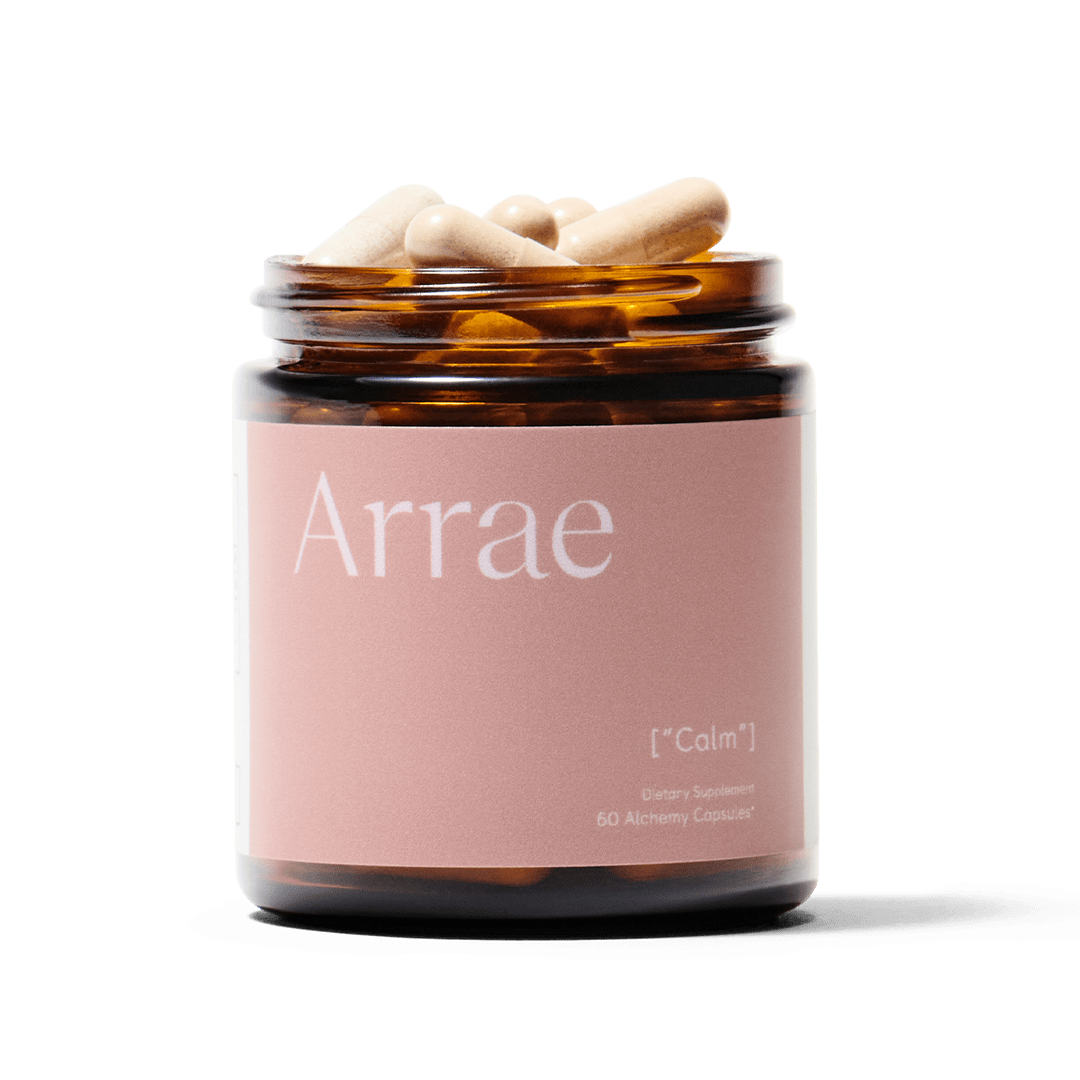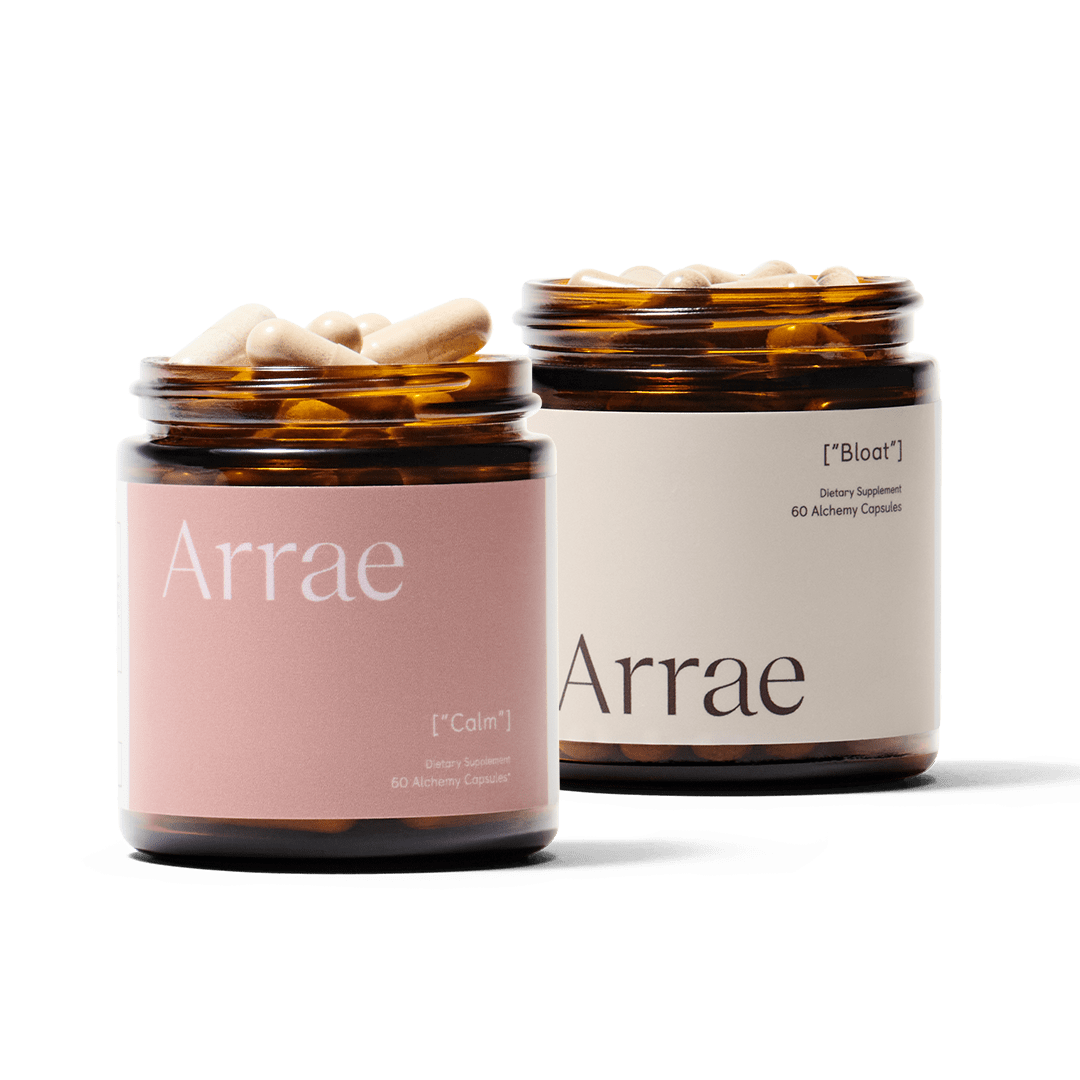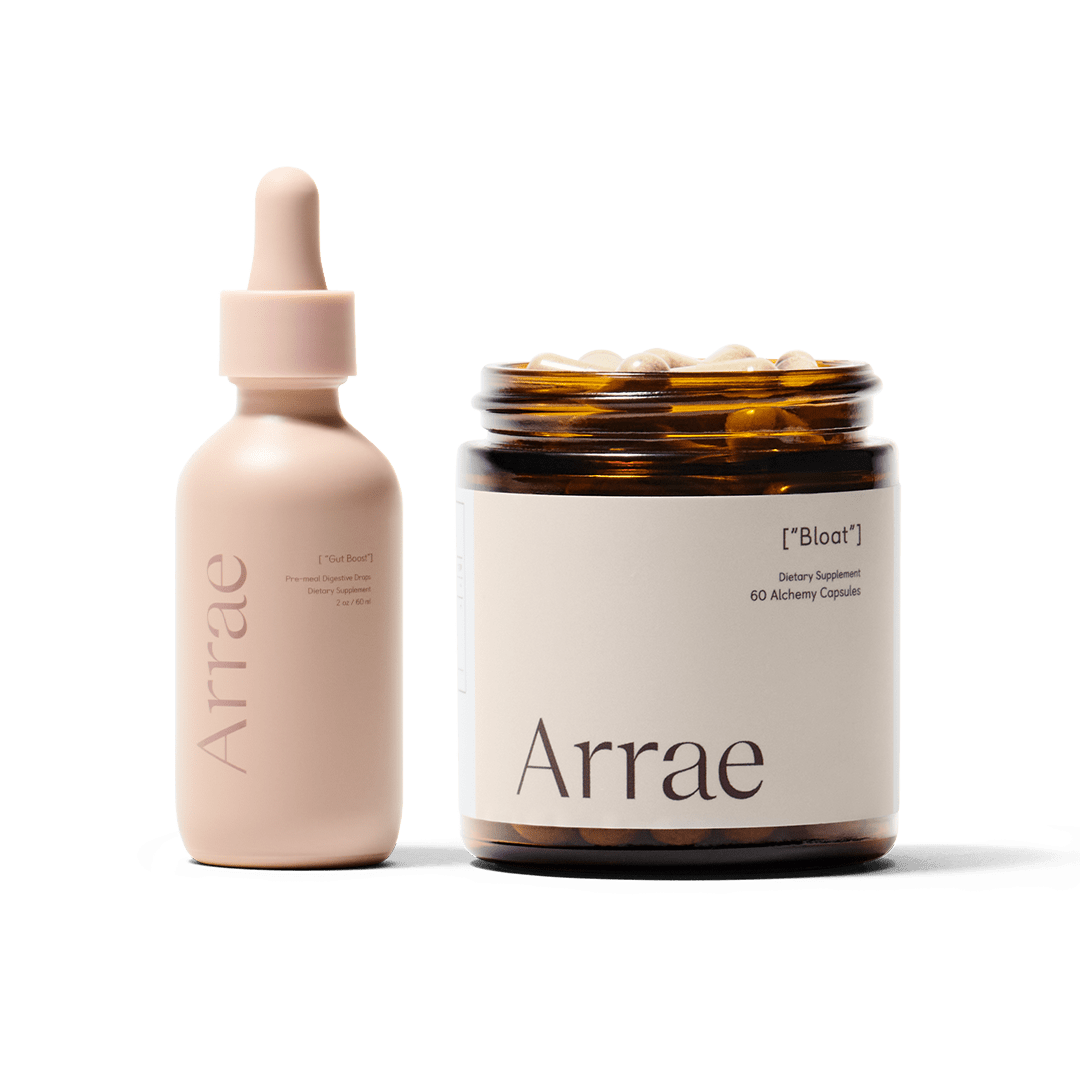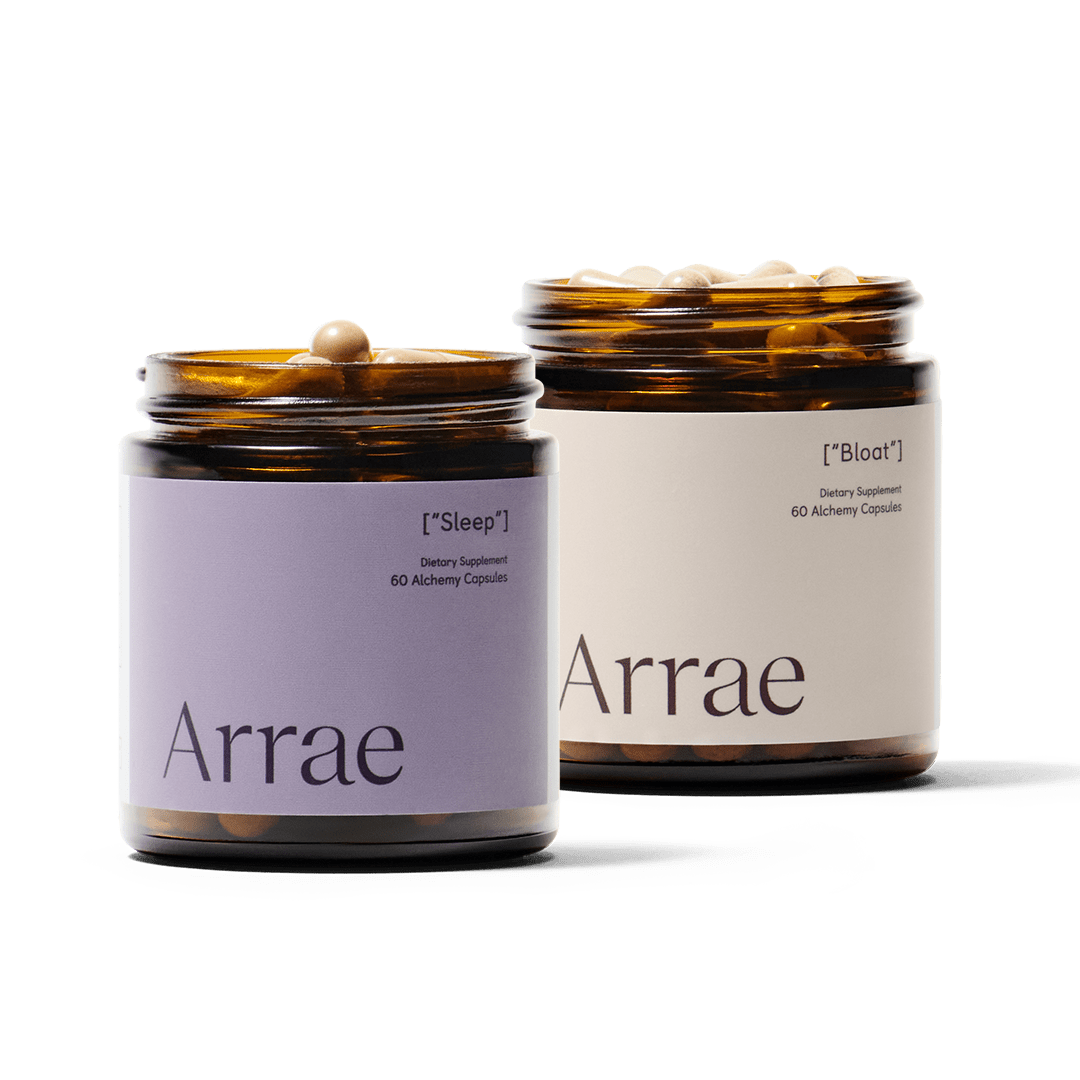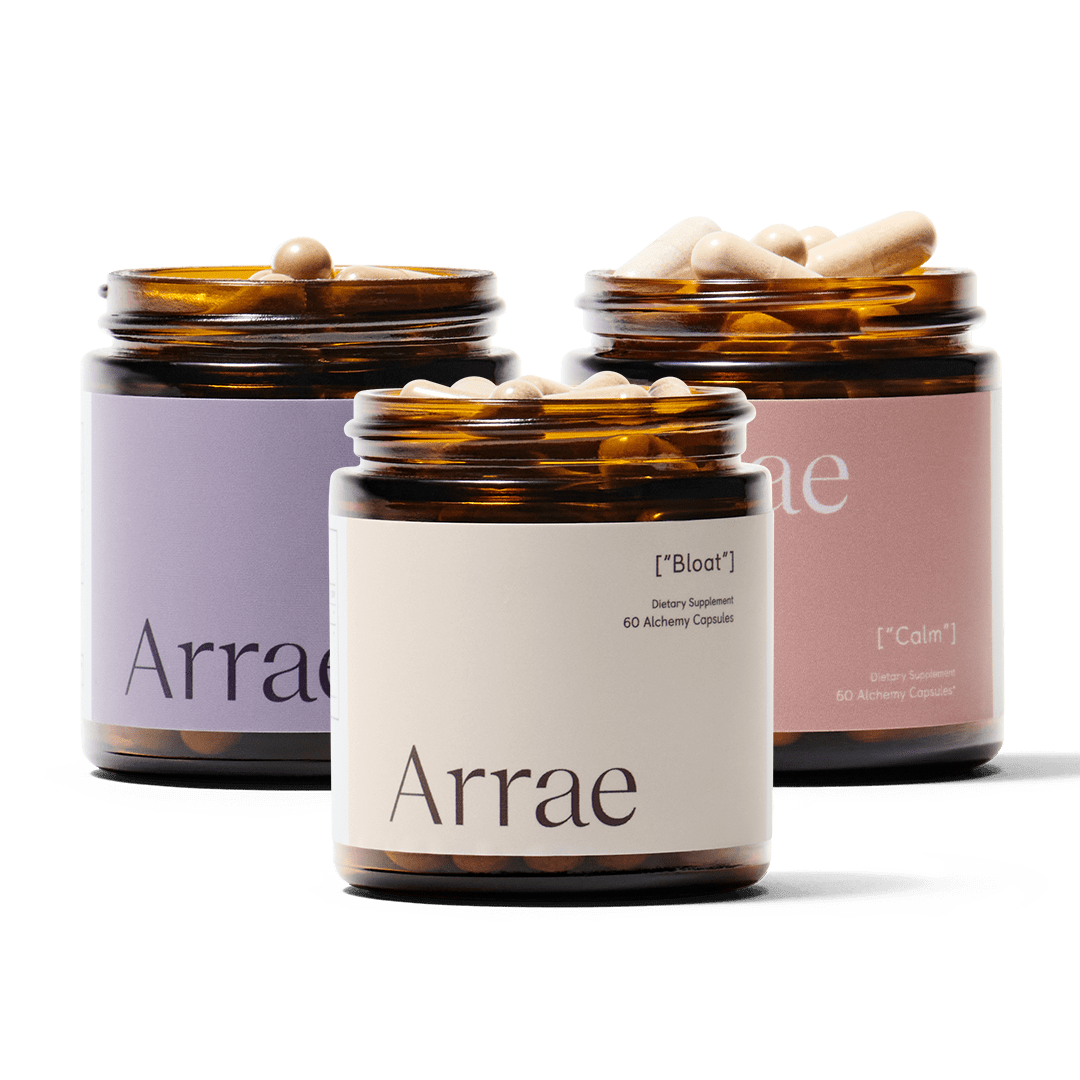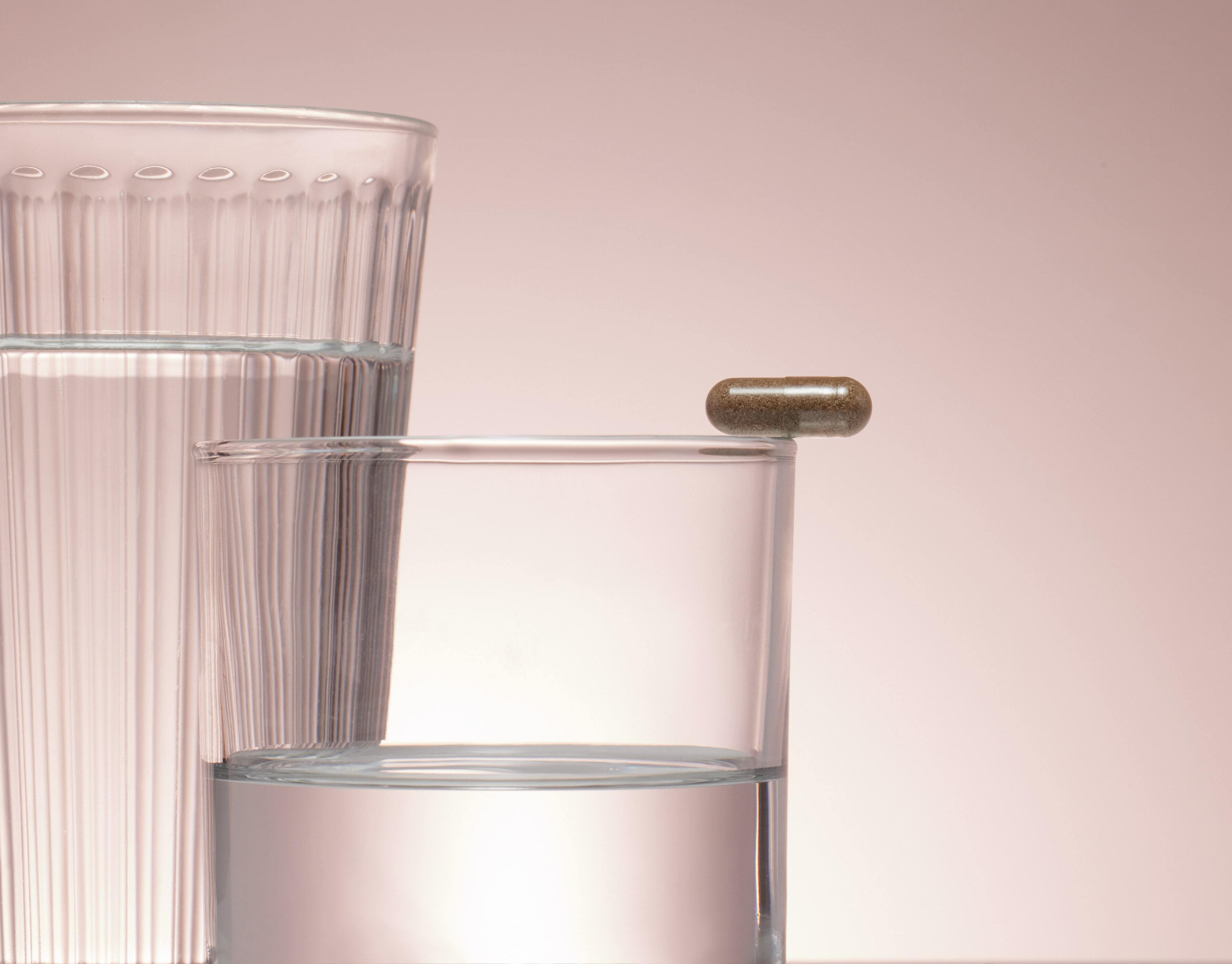
The Basics of The Biotics: Pro, Pre, & Postbiotics
In the world of wellness, “biotics” have been having a moment – and for good reason. You’ve probably heard of probiotics, and maybe even prebiotics, but what about postbiotics? With all these terms floating around, it’s easy to get confused. But don’t worry, we’ve got you covered.
In this blog, we’re breaking down what prebiotics, probiotics, and postbiotics actually are and why they’re so important. Plus, we’re giving you the 411 on a special antibody that can help the ‘biotics’ do their job even MORE effectively!
First thing’s first…
What Are Probiotics?
According to the International Scientific Association for Probiotics and Prebiotics, probiotics are “live microorganisms that, when administered in adequate amounts, confer a health benefit on the host” [3]. And that said “host” is you!
Some of the most well studied probiotics in your gut are Lactic Acid Bacteria (LABs), such as Lactobacillus and Bifidobacterium. These are the “good” bacteria that populate your gut, helping to balance the microbiome and fight off bad bacteria.
Why Probiotics Matter:
Probiotics are essential for maintaining a healthy digestive system. They help keep the gut flora in tip-top shape for proper digestion and nutrient absorption. A healthy balance of probiotics in your gut can prevent the overgrowth of harmful bacteria to reduce GI issues like bloating, diarrhea, and constipation.
But probiotics help way more than just your gut. They’re the hidden epicenter of your overall health and wellbeing. These beneficial microorganisms influence nearly everything, from vitamin production to immune function.
In fact, research suggests that probiotics significantly impact your mood, cognition, and even sleep quality. Their benefits go far beyond digestion, playing a critical role in maintaining mental and physical well-being [4].
As we age, good bacteria like Bifidobacteria decline, dropping from 30–40% in early adulthood to less than 5% by old age [2].
Lactobacilli levels (another important probiotic) also fluctuate throughout a woman’s life, primarily due to hormone changes. During reproductive years when estrogen is high, Lactobacilli levels peak, but they drop significantly during menopause, which can further impact the gut and overall health [2].
When it comes to reaping the full benefits of probiotics, consistency is key! It’s important to note that these beneficial bacteria can only stay in the GI tract for a few days or weeks at most. So in order for probiotics to provide ongoing support, studies suggest that they need to be consumed on a daily, ongoing basis [3].
What Are Prebiotics?
Unlike probiotics, prebiotics are not living organisms. Prebiotics are non-digestible fibers that act as food for the good bacteria (probiotics). Unlike other nutrients that are absorbed in the stomach or small intestine, prebiotics reach the colon undigested to nourish the beneficial bacteria living there.
Why Prebiotics Matter:
Think of prebiotics as “microbiome fertilizers” [1]. They’re essential for probiotics' growth and activity. While prebiotics don’t directly affect gut health in the same way as live probiotics, they help good bacteria to thrive to maintain a balanced and diverse microbiome.
What Are Postbiotics?
In most instances, postbiotics are defined as the bioactive compounds produced when probiotics ferment prebiotics in the gut. These compounds include substances like short-chain fatty acids (SCFAs), enzymes, peptides, and other metabolites.
If you feel a headache coming on, let’s break it down in simple terms…
When probiotics (good bacteria) finish eating and digesting prebiotics, they produce postbiotics. Think of these guys as the ‘leftovers’ of the probiotic’s meal. But instead of being thrown out as trash a few days later, these ‘leftovers’ (aka the SCFAs, enzymes, etc.) are too good for your body to let go to waste.
On another note, research has also shown incredible benefits from another type of postbiotic – inactivated microbial cells, aka heat-killed strains. But don’t be fooled by the term “inactive” – these postbiotics are anything but. Despite being inactive, they provide significant health benefits, including immune support and improved gut health.
Why Postbiotics Matter:
Postbiotics might not be as well-known as pre and probiotics, but they’re just as important. And as recent studies suggest, they may even be more important. This is because many of the health benefits from pre and probiotics actually come from the postbiotics they create.
When it comes to supplementation, products with postbiotics (especially heat-killed probiotic strains) are harder to come by. Unlike probiotics, which can be sensitive to environmental factors like heat and acidity, postbiotics are more stable and typically have a longer shelf life. This makes them a convenient and effective way to support gut health, especially for people who may have difficulty maintaining live probiotics [5].
Now, we’re switching gears to another gut health secret. And no, it’s not another ‘biotic.’ It’s a special antibody that can help pre, pro, and postbiotics do their job even better…
What Are Immunoglobulins?
Immunoglobulins (aka antibodies) are proteins that help protect your body from harmful invaders like bacteria, viruses, and toxins. In the gut, they act like security guards, identifying and neutralizing these threats before they can cause harm.
Why Are Immunoglobulins Important?
Immunoglobulins help to stop ‘bad’ bacteria from entering your body through the gut. By binding to and neutralizing these toxins and harmful substances, they help to keep the balance of good bacteria in your gut. This not only supports your digestion but also helps strengthen your immune system so your body can fight off illness more effectively.
How Do They All Work Together?
When it comes to overall health and wellness, prebiotics, probiotics, postbiotics, and immunoglobulins work as a team. Here’s a quick recap of how they all work together:- Probiotics (good bacteria) help maintain a balanced microbiome, which plays a vital role in nearly every mind AND body process.
- Prebiotics (the food) fuel the probiotics, helping them thrive in your gut,
- Postbiotics (the leftovers) set the benefits of the probiotics into motion. Plus, in the case of heat-killed strains, they offer additional gut and immune support by interacting with your system directly.
- Immunoglobulins support this process by neutralizing harmful bacteria and toxins, clearing the path for the ‘biotics’ to do their job even more effectively.
*Disclaimer*: This article is purely informational and does not imply any evaluation by the Food and Drug Administration. This article is not intended to diagnose, treat, cure, or prevent diseases, nor should it substitute for advice from a healthcare professional.
References
Appanna, Vasu D. “Dysbiosis, Probiotics, and Prebiotics: In Diseases and Health.” Human Microbes - The Power Within: Health, Healing and Beyond, U.S. National Library of Medicine, 6 Feb. 2018, www.ncbi.nlm.nih.gov/pmc/articles/PMC7121371/.
2. Arboleya, Silvia, et al. “Gut Bifidobacteria Populations in Human Health and Aging.” Frontiers in Microbiology, U.S. National Library of Medicine, 19 Aug. 2016, www.ncbi.nlm.nih.gov/pmc/articles/PMC4990546/.
3. Hill, Colin, et al. “The International Scientific Association for Probiotics and Prebiotics Consensus Statement on the Scope and Appropriate Use of the Term Probiotic.” Nature News, Nature Publishing Group, 10 June 2014, www.nature.com/articles/nrgastro.2014.66.
4. Marotta, Angela, et al. “Effects of Probiotics on Cognitive Reactivity, Mood, and Sleep Quality.” Frontiers in Psychiatry, U.S. National Library of Medicine, 27 Mar. 2019, www.ncbi.nlm.nih.gov/pmc/articles/PMC6445894/.
5. Salminen, Seppo, et al. “The International Scientific Association of Probiotics and Prebiotics (ISAPP) Consensus Statement on the Definition and Scope of Postbiotics.” Nature Reviews. Gastroenterology & Hepatology, U.S. National Library of Medicine, Sept. 2021, www.ncbi.nlm.nih.gov/pmc/articles/PMC8387231/.

